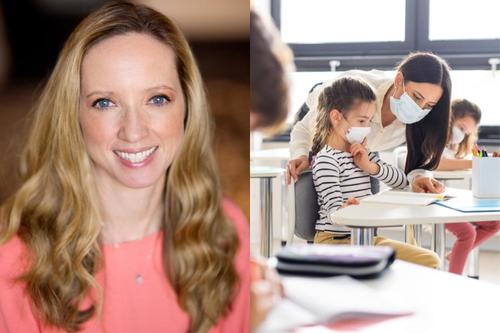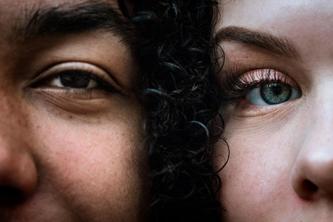
The start of this school year for elementary, middle and high school students will be unlike any other in their lifetime. No matter if they are starting with in-person instruction, distance learning or a mix of both, they’ll start a new year during the COVID-19 pandemic.
Carolyn Berger, Ph.D., the counselor education program coordinator with the University of Minnesota College of Education and Human Development, is available to speak about how the long-term nature of the pandemic — and the uncertainty around it — can affect a student’s well-being.
Carolyn Berger, Ph.D.
“It’s important to recognize and respect that every family and every child has unique needs and perspectives. Families can have conversations with children about how everyone has different needs and it is not our job to judge others, but rather to make the best decisions we can for our own family.”
On staying connected
“During the COVID pandemic, it is critical that students stay connected with their peers, family members, and other key individuals in their lives. This is especially true for children and adolescents who are primarily learning online. Opportunities to connect can be built into school assignments through activities such as doing small group online discussions with peers. It can also be a fun reward after a long day, even if it is in the form of online gaming. Virtual tools can be a helpful outlet for children and adolescents to connect with one another.”
On warning signs
“Adults should monitor students’ mental health needs and provide supports if they notice concerning behaviors. Warning signs can include:
- being more withdrawn than usual;
- eating or sleeping too much or too little;
- having a low or irritable mood most days; or
- having no interest in activities they typically enjoy.
If these warning signs come up, adults can help connect their child with a school counselor, mental health counselor, or a trusted adult in their family or community who would be a helpful support. Parents and teachers also need to remember to take care of their own mental health needs. If they are struggling with staying balanced, it will be very difficult to help students.”
On times of transition
“It is also important to note that transitions are tough! As things shift and change with COVID, adults need to be patient and try their best to meet children and adolescents where they are at. For example, children who struggle with social anxiety will likely experience extreme discomfort when heading back to in-person school, leading to avoidance or emotional outbursts. For children who are very social, not engaging with friends in person on a daily basis can lead to irritability. Adults can help children through these times by showing empathy and helping their child express their feelings. They can also brainstorm with their child to find ways to ease this transition.”
Carolyn Berger is an assistant teaching professor with the Department of Educational Psychology in the University of Minnesota’s College of Education and Human Development. Her research focuses on ways to maximize children and adolescents’ achievement and well-being.





